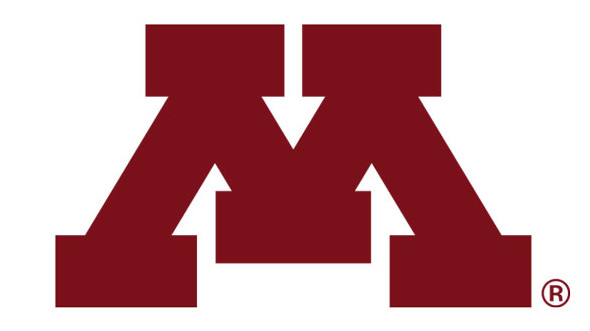Important Dates
| Release of data, code, and metrics for training | |
| Release of examples for submission files | |
| Release of data and metrics for testing | |
| Challenge workshop website goes live | |
| Submission deadline for prediction results files Final Round 3 | Mar. 7 2022 23:59 PST |
| Manuscript submission deadline | |
| Notification of ISBI sub-proceedings acceptance | |
| KNIGHT Workshop | |
| Camera-ready submission to ISBI sub-proceedings | Apr. 15, 2022 |
| Publication of challenge outcomes | Oct. 01, 2022 |
Like the KNIGHT Challenge?
Try the BRIGHT challenge for breast tumor images.
Baseline
We created a PyTorch-based code example (https://github.com/IBM/fuse-med-ml/tree/master/fuse_examples/classification/knight) that demonstrates a basic classification pipeline for the KNIGHT challenge Kidney Classification (KiC) dataset. We utilized the FuseMedML library for all stages in the pipeline including data preprocessing, feature extraction, network training and metrics calculation. The baseline implementation can be used as an end-to-end example and serve as a point of comparison for tasks 1 and 2. In this example, we extract features from the CT volumes using a 3D ResNet-18 backbone, concatenate them with available clinical features processed by a smaller fully connected network, and classify the combined features into two risk groups as defined in the 1st task of the KNIGHT challenge.
Here are the results on a validation set consisting of 20% of the 300 cases, when decoupling the imaging and clinical data, or using them together:
| Clinical data only | Imaging only | Imaging + Clinical |
| 0.87 | 0.71 | 0.85 |
As you can see, there is room to improve the contribution of imaging data to the overall results. We mention some of the limitations of this baseline implementation on the Github page.
The baseline uses FuseMedML, a Pytorch-based library. Participants who prefer to just use the popular Pytorch framework can easily obtain the already-prepared KNIGHT dataset and dataloader objects, from our baseline code and use raw Pytorch for everything else. The “knight_dataset” function in “baseline/dataset.py” creates and returns those items.


